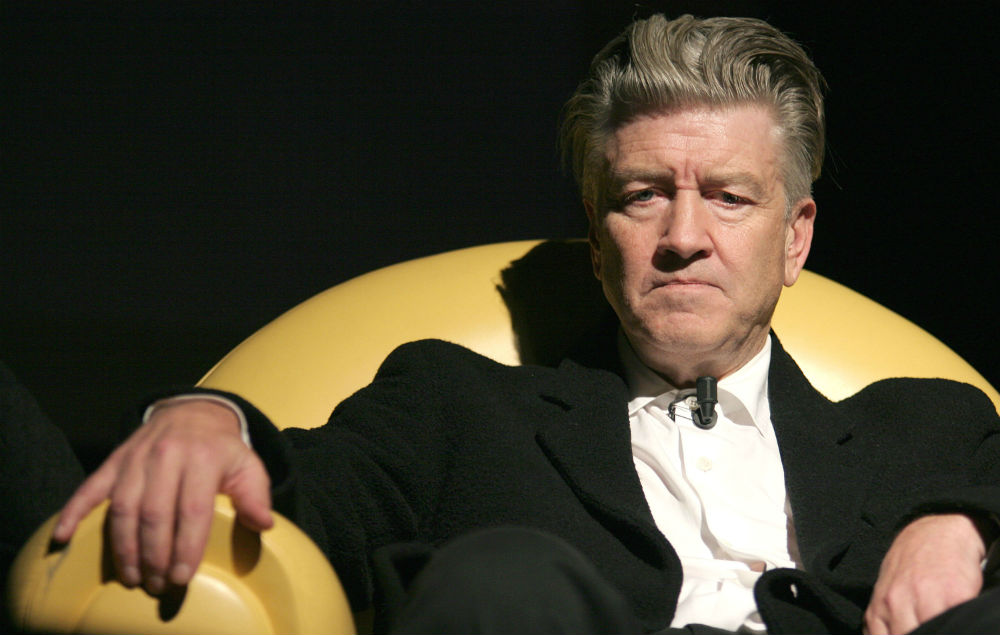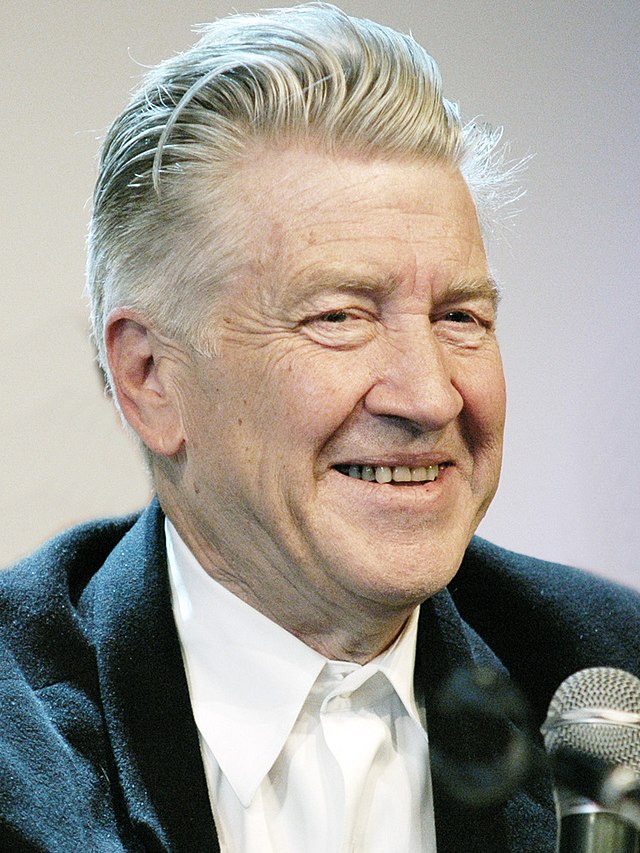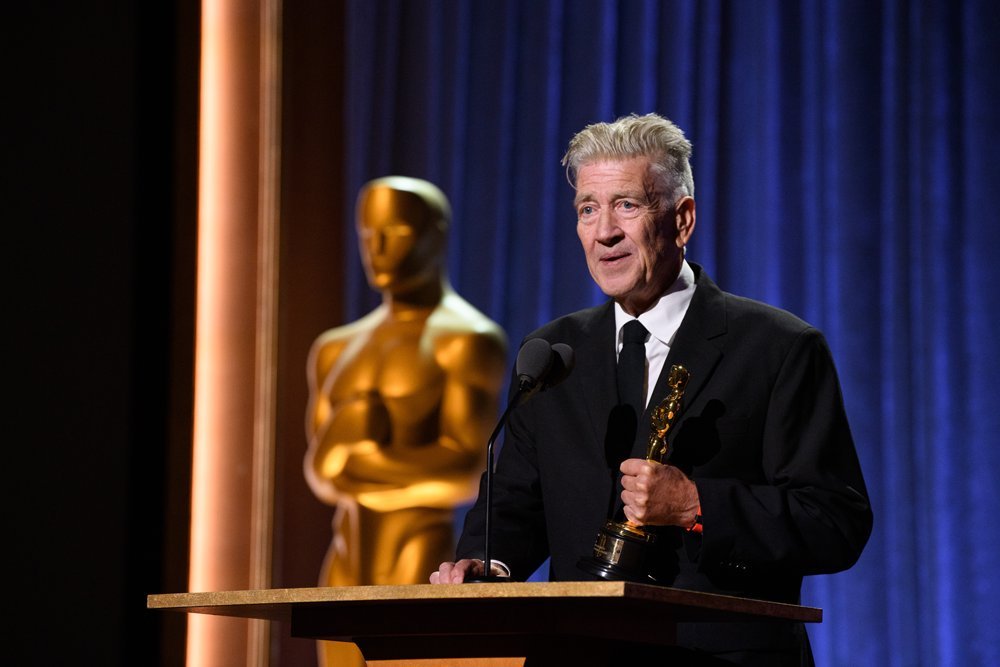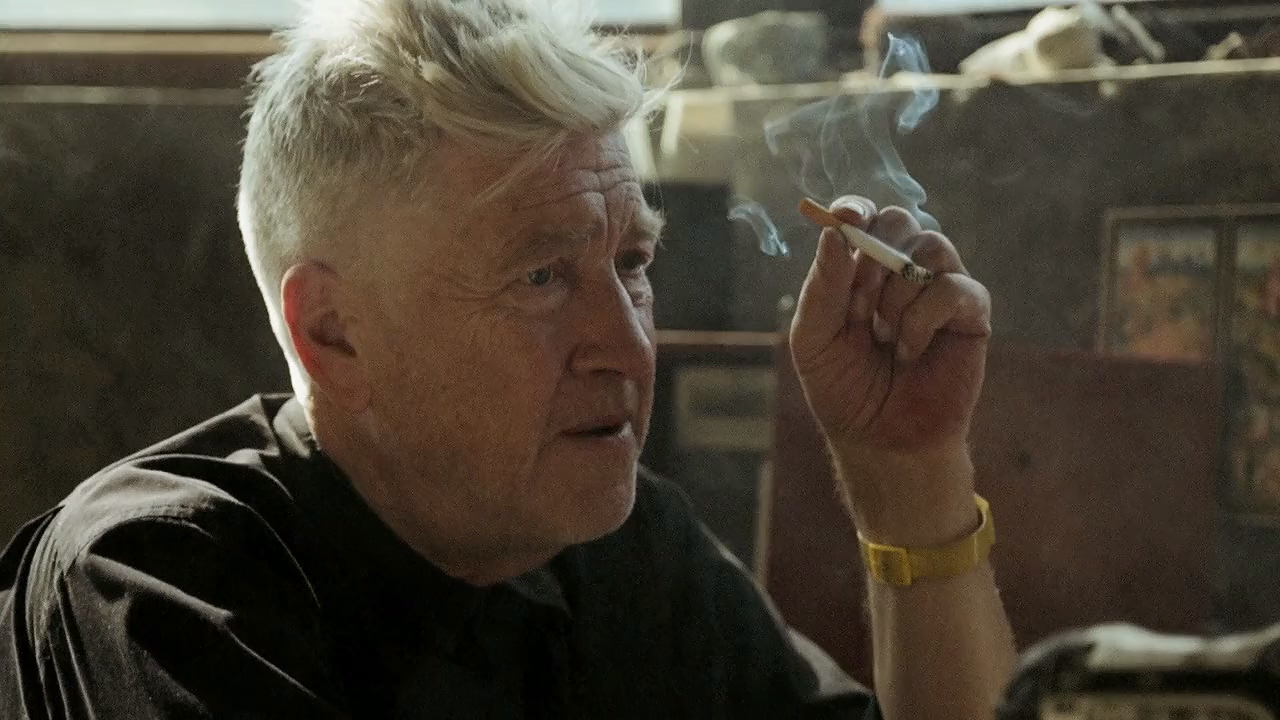Exploring The Surreal World Of David Lynch - Master Of The Uncanny
David Lynch, an enigmatic figure in the world of cinema and television, has established himself as one of the most distinctive and influential directors of his generation. With a career spanning over four decades, Lynch's work is characterized by its dreamlike imagery, complex narratives, and an unparalleled ability to tap into the subconscious mind of the viewer. This article delves deep into the life, career, and unique storytelling style of David Lynch, attempting to shed light on what makes his work so compelling and otherworldly.
Author:Emily SanchezReviewer:James PierceFeb 22, 202411.9K Shares158.8K Views
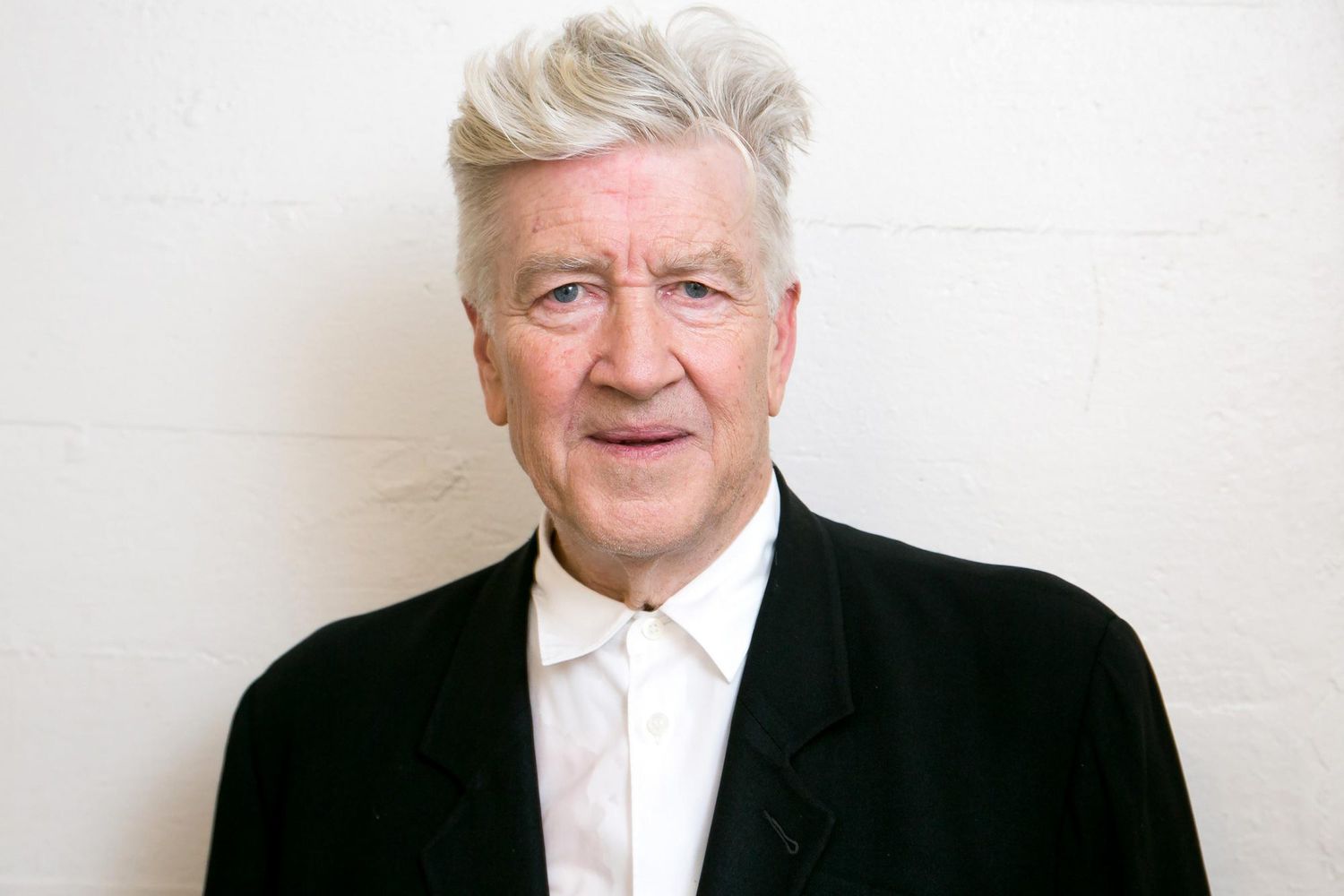
David Lynch, an enigmatic figure in the world of cinema and television, has established himself as one of the most distinctive and influential directors of his generation. With a career spanning over four decades, Lynch's work is characterized by its dreamlike imagery, complex narratives, and an unparalleled ability to tap into the subconscious mind of the viewer. This article delves deep into the life, career, and unique storytelling style of David Lynch, attempting to shed light on what makes his work so compelling and otherworldly.
Quick Facts About David Lynch
| Birthdate | Jan 20, 1946 |
| Birthplace | Missoula |
| Gender | Male |
| Height | 5 ft 10 in (1.8 m) |
| Profession | Film director, Film Producer, Actor, Screenwriter, Film Editor, Painter, Musician, Television producer, Television Director, Film Score Composer |
| Nationality | United States of America |
Early Life And Influences
Born on January 20, 1946, in Missoula, Montana, David Keith Lynch spent most of his early years moving around the United States due to his father's research scientist job with the USDA. Lynch's exposure to various American landscapes and cultures at an early age would later become a significant influence on his work. His interest in the arts began with painting, and he attended the Pennsylvania Academy of the Fine Arts in Philadelphia, where he developed his craft.
Lynch's foray into filmmaking started with experimental short films, which combined his love for painting with motion. It was during this period that he began to develop his signature style, which melds the mundane with the macabre, the beautiful with the bizarre.
Breakthrough And Cinematic Style
Lynch's breakthrough came with his first feature film, "Eraserhead" (1977), a surrealist horror that quickly became a cult classic. Shot in stark black and white, the film follows Henry Spencer as he navigates a nightmarish industrial landscape and grapples with the responsibility of an abnormal child. "Eraserhead" set the tone for Lynch's career, with its haunting sound design, enigmatic symbolism, and exploration of the human psyche.
His cinematic style is often described as "Lynchian," a term that has come to represent his unique blend of the surreal with the everyday. Lynch's films typically feature nonlinear storylines, disturbing visuals, and an atmosphere that blurs the line between reality and dreams. He has a penchant for creating worlds that are at once familiar and unsettling, where characters are confronted with the darkest aspects of human nature.
Mainstream Success And 'Twin Peaks'
Following "Eraserhead," Lynch directed "The Elephant Man" (1980), a critically acclaimed biographical film that solidified his reputation in Hollywood. However, it was the television series "Twin Peaks" (1990-1991, 2017) that brought Lynch's peculiar vision to a mainstream audience.
Co-created with Mark Frost, "Twin Peaks" was a groundbreaking show that mixed elements of mystery, horror, and soap opera, wrapped in the director's signature style. The series followed FBI Agent Dale Cooper as he investigated the murder of homecoming queen Laura Palmer in the quirky town of Twin Peaks. Its blend of the supernatural with the everyday, combined with its memorable characters and quotable dialogue, turned "Twin Peaks" into a cultural phenomenon.
Continued Exploration Of Film And Transcendental Meditation
Throughout his career, Lynch has continued to push the boundaries of filmmaking with movies like "Blue Velvet" (1986), "Wild at Heart" (1990), "Lost Highway" (1997), "The Straight Story" (1999), "Mulholland Drive" (2001), and "Inland Empire" (2006). Each of these films offers a glimpse into Lynch's world, where the exploration of identity, desire, and the human condition is central.
In addition to his cinematic work, Lynch is a proponent of Transcendental Meditation (TM), which he has practiced since the 1970s. He credits TM with providing him the clarity and creativity necessary for his work. In 2005, he established the David Lynch Foundation to help bring the practice of TM to at-risk populations, including inner-city students, veterans with PTSD, and women and children who are survivors of domestic violence.
Artistic Themes And Techniques
Themes of duality, the corruption of innocence, and the mysterious nature of reality are recurrent in Lynch's work. His characters often lead double lives, and the line between good and evil is frequently blurred. There is a sense that beneath the veneer of everyday life lies a dark, often terrifying, truth waiting to be uncovered.
Lynch's use of sound design is another hallmark of his style. He frequently collaborates with composer Angelo Badalamenti, whose haunting scores perfectly complement the director's visuals. Lynch himself is deeply involved in the sound production, using it to heighten the emotional impact of his films and to immerse the audience in his twisted worlds.
Legacy And Influence
David Lynch's impact on film and television is immeasurable. He has inspired countless filmmakers and artists with his unique vision and willingness to explore the depths of the human experience. His work challenges viewers to look beyond the surface, to question their perceptions of reality, and to confront the darkness that lurks within us all.
Despite his many accolades and a devoted fan base, Lynch has remained a somewhat enigmatic figure, often refusing to explain or clarify the meanings behind his work. This mystery only adds to the allure of his films, prompting endless discussion and analysis among critics and enthusiasts.
In a career that defies categorization, David Lynch has continually reshaped the landscape of visual storytelling. His films and television series are more than mere entertainment; they are a gateway into a world that is at once strange, beautiful, and undeniably Lynchian.
As we peer into the dark corners of the human soul through his lens, we are left with the sense that we are exploring not just the mind of an artist, but the collective unconscious of our society. David Lynch's work is a testament to the power of art to disturb, to enlighten, and to transform.
Awards & Achievements
As an esteemed director, David Lynch has won numerous awards throughout his career. While he has earned more accolades and nominations than we can name, some have been more prestigious than others.
Here are some of David Lynch’s most esteemed awards and nominations:
- David Lynch has received four Academy Award nominations from 1981 to 2002, and in 2020 he was given an Honorary Award by the Academy.
- At the Primetime Emmy Awards, David Lynch was nominated nine times, five times in 1990 for Twin Peaks and four times in 2018 for the Twin Peaks continuation.
- In 1981, Lynch won Best Direction and Best Screenplay for The Elephant Man at the BAFTA Awards.
- David Lynch was given the Franklin J. Schaffner Award in 1991 by the American Film Institute.
- At the Cannes Film Festival, Lynch won Best Director for Mulholland Drive in 2001.
While he may not have won as many awards as Quentin Tarantinooverall, David Lynch has earned a total of 25 awards and 47 nominations throughout his career.
Net Worth Of David Lynch
As of February 2024, David Lynch’s net worth is estimated to be $70 Million. David Lynch has never released his career earnings officially, so all we know for sure is his accumulative net worth. That said, we do know a bit about how he’s earned his fortune.
- Lynch’s biggest projects have been The Elephant Man, Twin Peaks, Blue Velvet,and Mulholland Drive.
- Along with filmmaking, David Lynch also sells his paintings, a skill he acquired before delving into cinema.
- David Lynch has also been involved with numerous musical projects, even releasing his own electropop singles in 2010.
- In 2006, Lynch authored a short book on Transcendental Meditation called Catching the Big Fish: Meditation, Consciousness, and Creativity.
- In addition to all of this, Lynch has directed many small commercials and music videos that have contributed to his net worth.
He may not be one of the richest directors in the world, but as he continues working, he may very well break that threshold before long.
How Does David Lynch Spend His Money?
Lynch paid $1 million in 2002 to study Transcendental Meditation with Maharishi Mahesh Yogi, the movement's founder, for a month in the Netherlands. We are aware that Lynch is a committed practitioner of transcendentalism since he has a dedicated page on his official foundation website.
Lynch claims to have begun practicing transcendental meditation in 1973 and to have done so twice a day ever since. We are aware that he has other residences in Los Angeles, one of which is apparently valued at $4 million, in addition to this acquisition.
Personal Life Of David Lynch
In addition to publishing six studio albums of his own, Lynch has also authored a newspaper cartoon and written a book titled "Catching the Big Fish: Meditation, Consciousness, and Creativity," which emphasizes the value of meditation in the creative process.
Lynch meditates transcendentally on a regular basis. Additionally, Lynch maintains a personal website where he delivers interviews and other information, uploads short films, and submits work to paying members. Lynch also puts up his absurdist series "Dumbland" on this platform. The website also includes Lynch's daily weather report, in which he notably describes the conditions in Los Angeles, his present home.
Lynch developed his own brand of unique organic coffee roasts and mixes since he is a passionate coffee consumer. You may buy his coffee on his website. The "David Lynch Signature Cup" coffee brand is also available at Whole Foods. "It's all in the beans... and I'm just full of beans," is Lynch's own self-deprecating motto for his coffee company. This is also a quotation from Justin Theroux's "Inland Empire" character.
David Lynch - FAQs
What Inspired Lynch's Unique Style?
Lynch's upbringing in small-town America, coupled with his fascination for the mysterious and the unconventional, heavily influenced his unique cinematic style. His experiences and observations shape the dreamlike and often unsettling atmospheres present in his films.
Is There A Common Theme In Lynch's Works?
While Lynch's works cover a range of genres, common themes include the exploration of the subconscious, the duality of human nature, and the mysteries that lie beneath the surface of seemingly ordinary lives.
How Did "Twin Peaks" Impact Television?
"Twin Peaks" revolutionized television by introducing complex, serialized storytelling and blurred the lines between genres. Its influence is still evident in contemporary television, with many shows owing a debt to Lynch's groundbreaking series.
Final Words
David Lynch's career stands as a testament to the power of unconventional storytelling and the exploration of the enigmatic aspects of human existence. From his early days in small-town America to his groundbreaking work in film and other artistic mediums, Lynch continues to captivate audiences with his unique vision and unbridled creativity. Through his films and diverse artistic endeavors, Lynch remains a trailblazer in the world of art and cinema, leaving an enduring legacy that continues to inspire and mystify.
Jump to
Quick Facts About David Lynch
Early Life And Influences
Breakthrough And Cinematic Style
Mainstream Success And 'Twin Peaks'
Continued Exploration Of Film And Transcendental Meditation
Artistic Themes And Techniques
Legacy And Influence
Awards & Achievements
Net Worth Of David Lynch
How Does David Lynch Spend His Money?
Personal Life Of David Lynch
David Lynch - FAQs
Final Words

Emily Sanchez
Author

James Pierce
Reviewer
Latest Articles
Popular Articles
